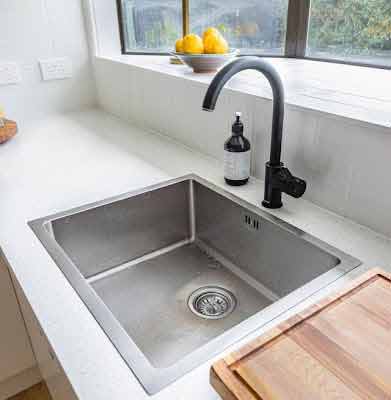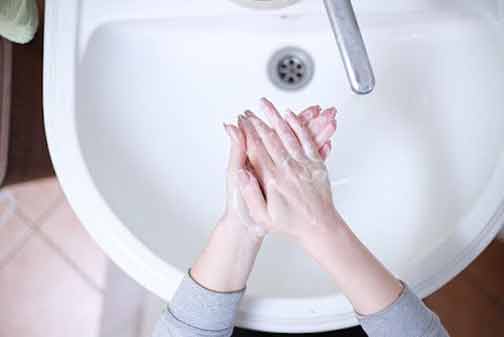Do you sometimes feel like your home’s plumbing is trying to frustrate you with slow drains and clogs? Are your drains constantly acting up? Have you had slow or clogged drains in the past, and are you looking for ways to prevent these problems in the future?
You are in the right place if you said yes to any of these questions
Clogs and slow drains are unintended consequences of the design and function of plumbing systems. The wastewater that passes through your plumbing contains solids and semisolids. These non-liquid contents can build up inside drainpipes and clog them.
Drainpipes also become clogged through misuse. Pro X Bentonville Property Management warns that if residents abuse the plumbing, they increase the rate at which the home’s drains suffer from clogs. Proper use of your home’s plumbing will minimize the incidence of slow drains and drain clogs.
What can you do to keep your drains clean and free of clogs? This short post outlines eight easy steps that will help you keep your home’s drains healthy. These steps will not only improve the efficiency of your drains, but they will also cut your plumbing maintenance costs.
8 tips to help you keep your drains clear and clog-free
Don’t put grease and oil into your drains
Fats, oils and grease (FOGs) are the biggest reasons your drains get clogged. Fats, grease and oils harden into a sticky mass inside your drainpipes. They slow the flow of water, and their sticky surface attracts debris. Pouring cooking grease and oil down the kitchen sink will endanger your drains. Dispose of them in the trash.
Install drain covers and hair traps
Installing a hair trap over the shower drain will keep hair and soap scum out. Hair and soap scum form a deadly combination if they are allowed into your drainpipes. You should also install a drain cover on the kitchen and toilet sinks. Hair traps and drain covers are cheap and effective methods for keeping debris out of drains to prevent clogs.
Keep these materials out of drains
Many “harmless” materials we use in the home will cause serious problems if they enter your home’s drains. Eggshells, coffee grinds and starchy foods (like rice and mashed potatoes) should not be washed down the kitchen sink. Exfoliants or scrubs that contain coffee or other insoluble substances will hurt your drains. When using a bath bomb that contains large flower petals, use a drain guard to catch the particles.
Watch what you flush
Do not flush anything into your toilet except toilet paper. This rule extends to items such as baby wipes, diapers, paper napkins (or towels), cigarette butts, dental floss, feminine hygiene products and pills. Even if they are advertised as “flushable,” these items can still hurt your drains. The only things that should ever go into your toilet are human waste and toilet paper. Everything else increases the risk of clogs.
Flush drains with hot water once a month
An easy and affordable way to keep kitchen and shower drains free of clogs is to flush them with hot water once every month. Hot water will loosen any debris in the pipes and melt grease and oil that is stuck in the drain pipes. For added efficacy, you may want to put some salt into the drain before pouring hot water.
Avoid chemical drain cleaners
Chemical drain cleaners are a quick fix for clogs but are bad for drainpipes and the environment. The active agent in drain cleaners is a corrosive chemical powerful enough to eat holes through the buildup inside pipes. The problem is these corrosives also attack your pipes and can leach into the soil to pollute groundwater. Moreover, they do not clean your drainpipes; they just bore a hole through the clog.
Schedule regular drain inspections
All the above steps will help you prevent drain clogs caused by human actions. But they will not solve drain issues that result from natural wear and tear. Your home’s plumbing is under constant use. Over time, the components will start to deteriorate. If you have a program for inspecting your plumbing according to a schedule, you can detect and address wear and tear issues before they become major problems.
Use hydro-jetting to keep drains clean
Hydro-jetting is the one method you can use to prevent and remove clogs from your drains. Hydro-jetting utilizes a powerful stream of water to clear out clogs inside the drainpipes. It is effective for removing all kinds of blockages inside drainpipes, including tree roots. The advantage of hydro-jetting is it will not leave the dislodged materials inside your pipes, but will also wash your pipes clean.
Keeping your home’s drains free of clogs is possible; it just takes some awareness and consistent effort.


